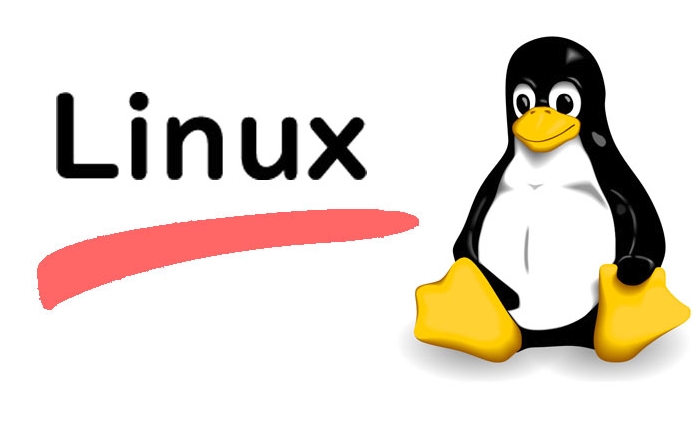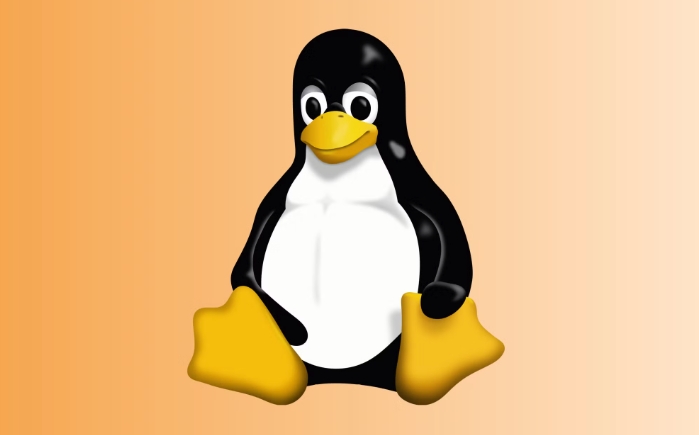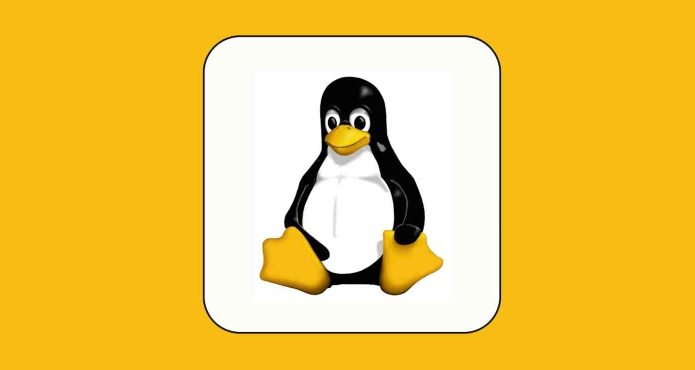The key to installing Linux dual systems after installing Windows 10 is partitioning and boot settings. 1. First use the Windows disk management tool to compress the volume to make unallocated space (such as 50GB); 2. Use Rufus or Ventoy to write Linux ISO to the USB disk and boot the USB disk from the BIOS; 3. Select "Coexist with Windows" or manually partitioning during installation (requires /, /home, swap and install GRUB to the system disk such as /dev/sda); 4. If the Windows startup item is not displayed after installation, you can run sudo update-grub on Linux. Time errors can be repaired by the timedatectl command. If Linux is uninstalled, use Windows to delete the partition and execute the bootrec command to repair the boot. The entire process can be operated in steps to successfully realize the dual system.

It is not difficult to install Linux after installing Windows 10, but some details are prone to errors. The key lies in the processing of partitioning and booting. As long as you plan the hard disk space in advance and pay attention to options during the installation process, you can successfully realize the dual system.

Preparation: Make space for hard drives
Before installing Linux, you need to leave some hard disk space for it. The disk management tool that comes with Windows can complete this operation.

- Right-click "This Computer" → Management → Disk Management
- Find your system disk (usually C disk), right-click and select "Compressed Volume"
- Enter the size of space you want to allocate to Linux (for example, 50GB = 50000MB)
- After compression, you will see an "unallocated" area, which is the space left for Linux
Note: Do not format this space, the Linux installer will handle it by itself.
Making Linux boot USB drive
You have to write the Linux image to the USB drive before you can start the installation. The following tools are recommended:

- Rufus (most commonly used under Windows)
- Ventoy (supports multiple images, suitable for long-term tossing)
The steps are roughly as follows:
- Download your favorite Linux distribution ISO files (such as Ubuntu, Deepin, Manjaro)
- Insert the USB drive and turn on Rufus
- Select USB drive and ISO files and click "Start"
After completion, restart the computer, enter the BIOS settings and start from the USB flash drive (the keys of different brands are different, usually F2/F12/Del).
Key choices when installing Linux
After starting the Linux installation interface, pay attention to the following key points:
Select "Coexist with Windows" or Manual Partitioning in the installation type
If the installer automatically recognizes Windows, you can directly select "Coexist with Windows", which will help you divide the space and set the boot items.-
Manual partitioning is more flexible but also more complex
If you have selected a manual partition, remember to create:-
/root partition (at least 20GB is recommended) -
/homeuser data partition (optional, convenient for reinstallation in the future) -
swapswap partition (equivalent to virtual memory, generally the memory size or slightly larger)
-
Don't make any mistakes in the installation location of the boot program
The last step of installation usually gives you the choice of where to install GRUB boot, be sure to select your system disk (such as/dev/sda), otherwise it may not boot Windows properly.
Frequently Asked Questions After Installation
After installing Linux, you may encounter several minor problems. Here are some practical suggestions:
Windows is not displayed in the boot menu?
You can try runningsudo update-grubin Linux to rescan the system.-
Time display error?
This is because Windows and Linux handle hardware time differently. The solution is to run it in Linux:timedatectl set-local-rtc 1
Don't want to use it, want to uninstall it?
You can use Windows Disk Management to delete Linux partitions and then run them with a command prompt:bootrec /fixmbr bootrec /fixboot
This will restore the original startup interface.
Basically that's it. The whole process seems a bit complicated, but it actually goes smoothly step by step. The key is to reserve space in advance and do not select the guidance location randomly during installation. Other problems can be solved by searching.
The above is the detailed content of How to install linux alongside windows 10. For more information, please follow other related articles on the PHP Chinese website!

Hot AI Tools

Undress AI Tool
Undress images for free

Undresser.AI Undress
AI-powered app for creating realistic nude photos

AI Clothes Remover
Online AI tool for removing clothes from photos.

Clothoff.io
AI clothes remover

Video Face Swap
Swap faces in any video effortlessly with our completely free AI face swap tool!

Hot Article

Hot Tools

Notepad++7.3.1
Easy-to-use and free code editor

SublimeText3 Chinese version
Chinese version, very easy to use

Zend Studio 13.0.1
Powerful PHP integrated development environment

Dreamweaver CS6
Visual web development tools

SublimeText3 Mac version
God-level code editing software (SublimeText3)

Hot Topics
 10 Best File Comparison and Difference (Diff) Tools in Linux
Jun 11, 2025 am 10:26 AM
10 Best File Comparison and Difference (Diff) Tools in Linux
Jun 11, 2025 am 10:26 AM
While writing program files or normal text files, programmers and writers sometimes want to know the difference between two files or two versions of the same file. When you compare two computer files on Linux, the difference between their contents is
 How to create a new, empty file from the command line?
Jun 14, 2025 am 12:18 AM
How to create a new, empty file from the command line?
Jun 14, 2025 am 12:18 AM
There are three ways to create empty files in the command line: First, the simplest and safest use of the touch command, which is suitable for debugging scripts or placeholder files; Second, it is quickly created through > redirection but will clear existing content, which is suitable for initializing log files; Third, use echo"> file name to create a file with an empty string, or use echo-n""> file name to avoid line breaks. These three methods have their own applicable scenarios, and choosing the right method can help you complete the task more efficiently.
 5 Best Open Source Mathematical Equation Editors for Linux
Jun 18, 2025 am 09:28 AM
5 Best Open Source Mathematical Equation Editors for Linux
Jun 18, 2025 am 09:28 AM
Are you looking for good software to write mathematical equations? If so, this article provides the top 5 equation editors that you can easily install on your favorite Linux distribution.In addition to being compatible with different types of mathema
 dutree - Analyze File System Disk Usage in Linux
Jun 11, 2025 am 10:33 AM
dutree - Analyze File System Disk Usage in Linux
Jun 11, 2025 am 10:33 AM
dutree is a free, open-source, fast command-line tool for analyzing disk usage, written in the Rust programming language. It was created by combining durep (disk usage reporter) and tree (list directory content in tree-like format) command-line tools
 How to Install Eclipse IDE in Debian, Ubuntu, and Linux Mint
Jun 14, 2025 am 10:40 AM
How to Install Eclipse IDE in Debian, Ubuntu, and Linux Mint
Jun 14, 2025 am 10:40 AM
Eclipse is a free integrated development environment (IDE) that programmers around the world use to write software, primarily in Java, but also in other major programming languages using Eclipse plugins.The latest release of Eclipse IDE 2023?06 does
 15 Useful 'ifconfig' Commands to Configure Network in Linux
Jun 11, 2025 am 10:01 AM
15 Useful 'ifconfig' Commands to Configure Network in Linux
Jun 11, 2025 am 10:01 AM
ifconfig in short “interface configuration” utility for system/network administration in Unix/Linux operating systems to configure, manage, and query network interface parameters via command-line interface or in a system configuration scripts
 SCP Linux Command – Securely Transfer Files in Linux
Jun 20, 2025 am 09:16 AM
SCP Linux Command – Securely Transfer Files in Linux
Jun 20, 2025 am 09:16 AM
Linux administrators should be familiar with the command-line environment. Since GUI (Graphical User Interface) mode in Linux servers is not commonly installed.SSH may be the most popular protocol to enable Linux administrators to manage the servers
 24 Hilarious Linux Commands That Will Make You Laugh
Jun 14, 2025 am 10:13 AM
24 Hilarious Linux Commands That Will Make You Laugh
Jun 14, 2025 am 10:13 AM
Linux has a rich collection of commands, and while many of them are powerful and useful for various tasks, there are also some funny and whimsical commands that you can try out for amusement. 1. sl Command (Steam Locomotive) You might be aware of the






